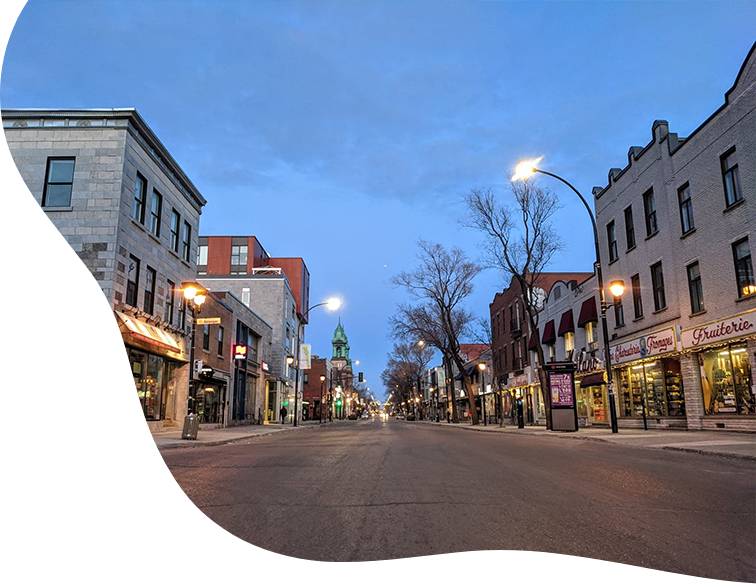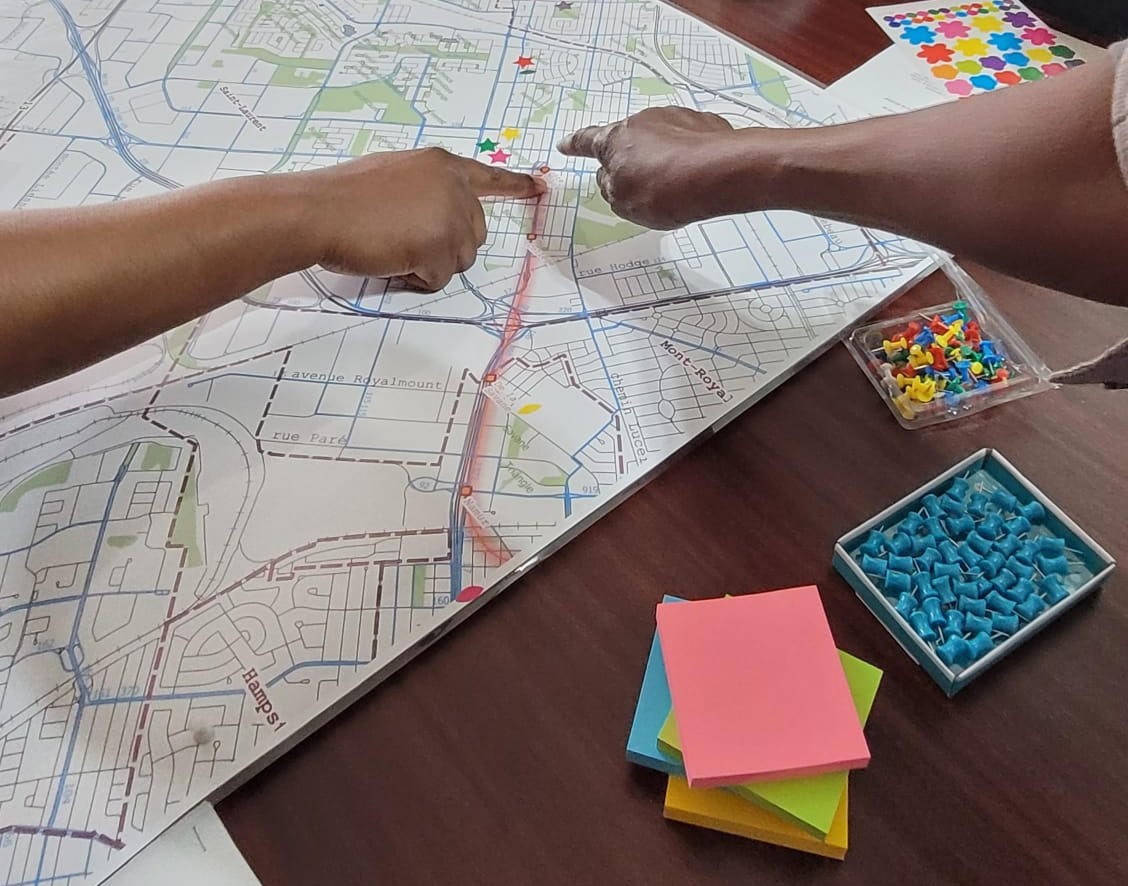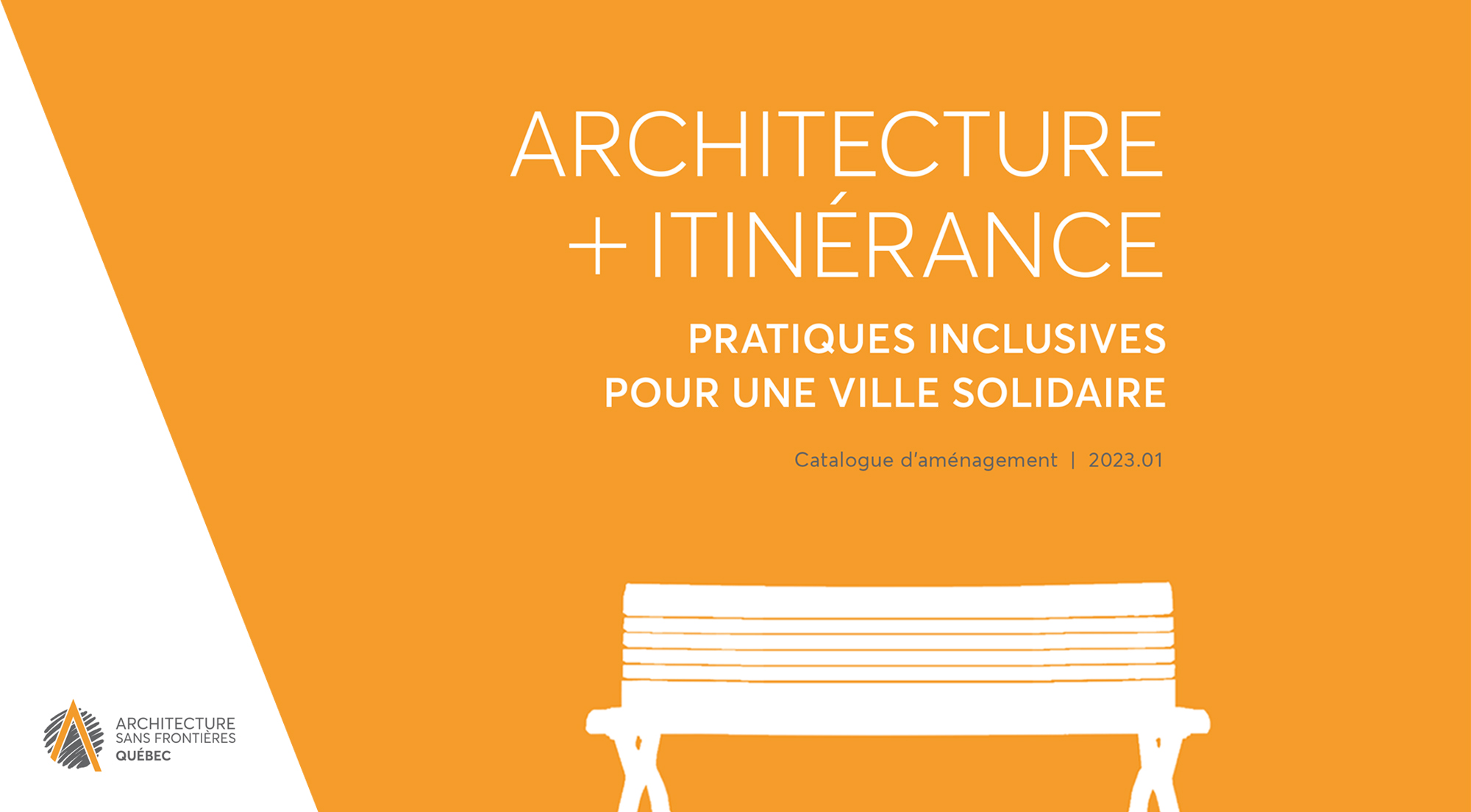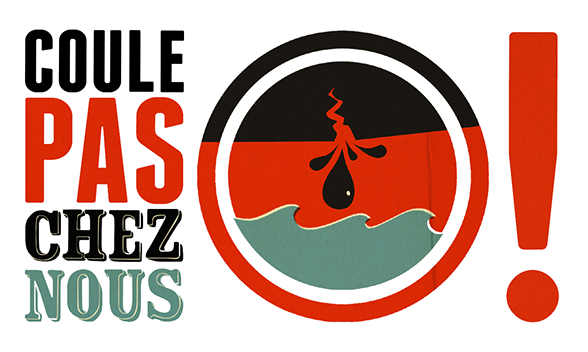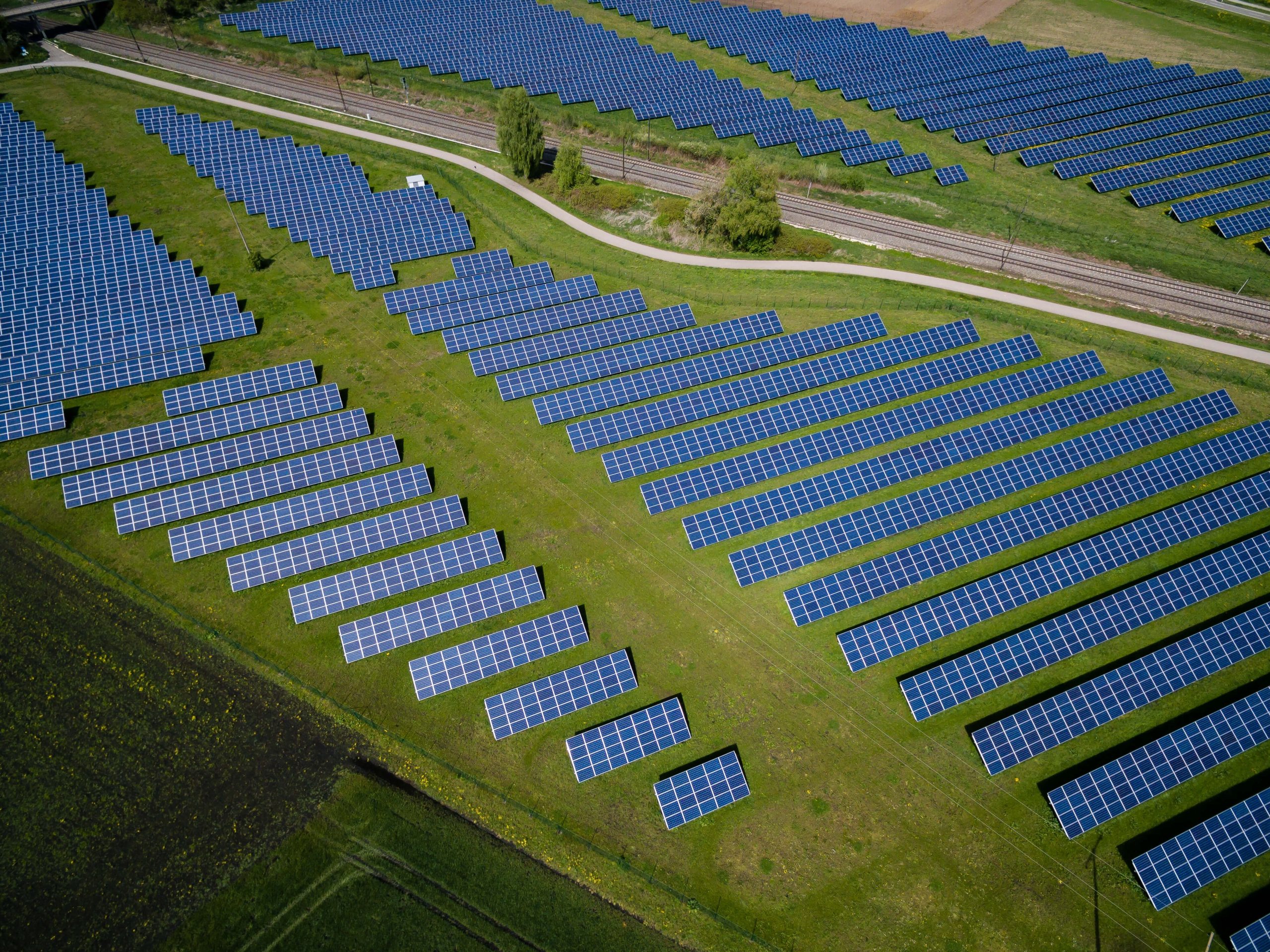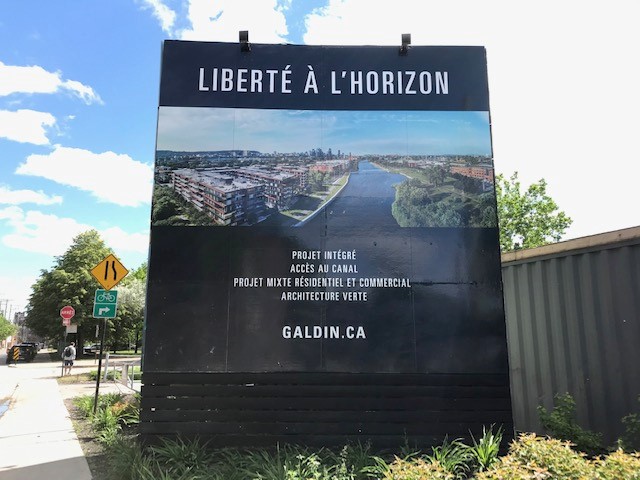Cities, Climate and Inequalities - Urban inequality and planning in a context of socio-ecological transition: The Conseil interculturel de Montréal’s action research experience
2 May 2024
By Chloé Reiser
In Montreal, territorial inequalities are a central issue in planning policies, with a view to a fairer socio-ecological transition. Although the City of Montreal recognizes the existence of such inequalities within its territory, much remains to be done to guarantee equitable access to urban resources for all citizens. As part of the renewal of the city’s Urban Planning and Mobility Plan, the Conseil interculturel de Montréal (CIM) is looking at the experiences of immigrant and racialized people in terms of territorial inequalities. Drawing on an in-depth review of grey and academic literature, as well as an online survey and mapping-discussion workshops conducted in three disadvantaged city neighborhoods – Saint-Léonard, Saint-Laurent and Montréal-Nord – immigrant and racialized people not only identify obstacles to accessing urban resources, notably public transport, affordable housing and green spaces, but also put forward solutions to address these persistent issues.
Cities, Climate and Inequalities - Architecture + Homelessness: Inclusive practices for urban solidarity
30 April 2024
By Carolyne Grimard, Sonia Blank, Sarahlou Wagner Lapierre, Elizabeth Prince and Véronic Lapalme
The COVID-19 pandemic, combined with the housing, migration and climate crises, has increased inequalities and exacerbated homelessness in urban areas. How can we engage architecture to transform our cities in solidarity with people experiencing or at risk of homelessness? Research carried out by the team of Architecture Sans Frontières Québec (ASFQ) and the Université de Montréal has identified planning gestures aimed at reversing the dynamics of exclusion, reconsidering perceptions of home and adapting design to the realities of life in public space.
Cities, Climate and Inequalities - Energy poverty in Canada: Social and geographic inequalities
24 April 2024
By Mylène Riva
Between 6% and 19% of Canadian households are currently grappling with energy poverty, according to data sourced from the 2017 Survey of Household Spending. This research delves into the social and geographic distribution of this phenomenon across the country. The study reveals that certain household types, such as those with single occupants, lone parents, or older members, face significantly higher odds of experiencing energy poverty. Geographical disparities are evident, with households in Atlantic provinces and rural areas facing nearly double the odds of energy poverty compared to other regions. These findings underscore the socio-spatial patterning of energy poverty in Canada and highlight its variability across different locales.
Cities, Climate and Inequalities - “Climate justice” in Quebec: Struggle, mobilization, and practice
11 April 2024
By Hélène Madénian, Sophie L. Van Neste, Zaïnab El Guerrab et René Audet This synthesis presents a history of the struggles that have helped redefine the environmental movement in Quebec over the past fifteen years. First, the struggles against hydrocarbons, then three subsequent moments in the movement: roadmaps and local experiments for transition, conversations to bring « the margins » back to the heart of the climate movement, and contestations from an urban wasteland in Montreal.
Cities, Climate and Inequalities - Justice in energy transitions
8 April 2024
By Stephen Williams and Andréanne Doyon
As the climate crisis grows, energy systems are transitioning to renewable and sustainable alternatives. However, these transitions often lead to injustice and inequities. Transitions research must better consider justice in its analysis. Drawing from environmental and energy justice literature, we consider justice for people, communities, and the non-living in transitions research through the development of an analytical framework. The framework provides reflective practice to support distributive, procedural, and recognition justice.
Cities, Climate and Inequalities - Access to green spaces: A source of environmental inequalities? The case of Saint-Henri in Montreal
1 April 2024
By Étienne Tardif-Paradis
In recent years, the Montreal metropolis has stepped up the implementation of greening projects in line with an ideal of sustainable urban development and environmental justice. The Saint-Henri district is an emblematic case in point, with its high density of green spaces. However, the proliferation of public interventions to green urban spaces is taking place in a living environment characterized by specific socio-economic realities and needs, and marked by a process of gentrification. Here, the authorities’ desire to respond to certain socio-environmental inequalities by improving access to green spaces is having paradoxical consequences.
